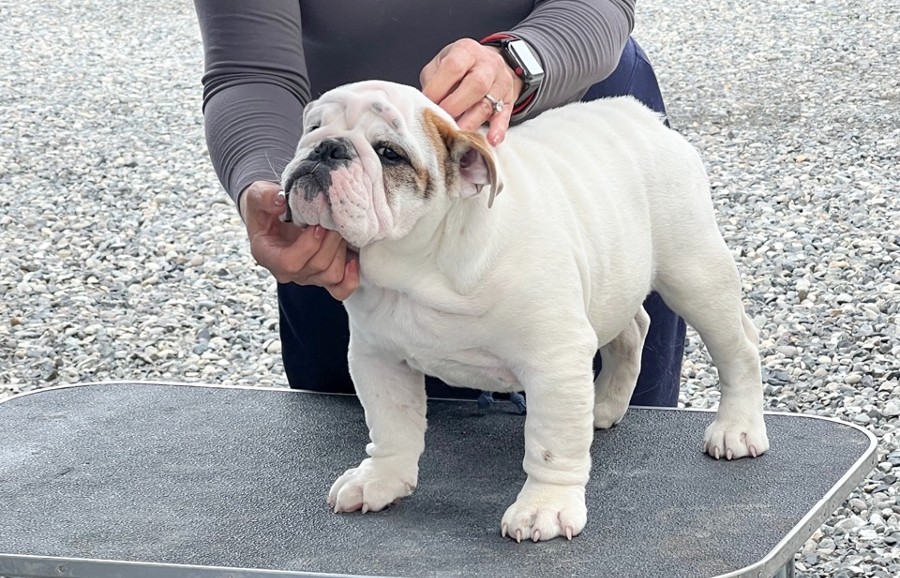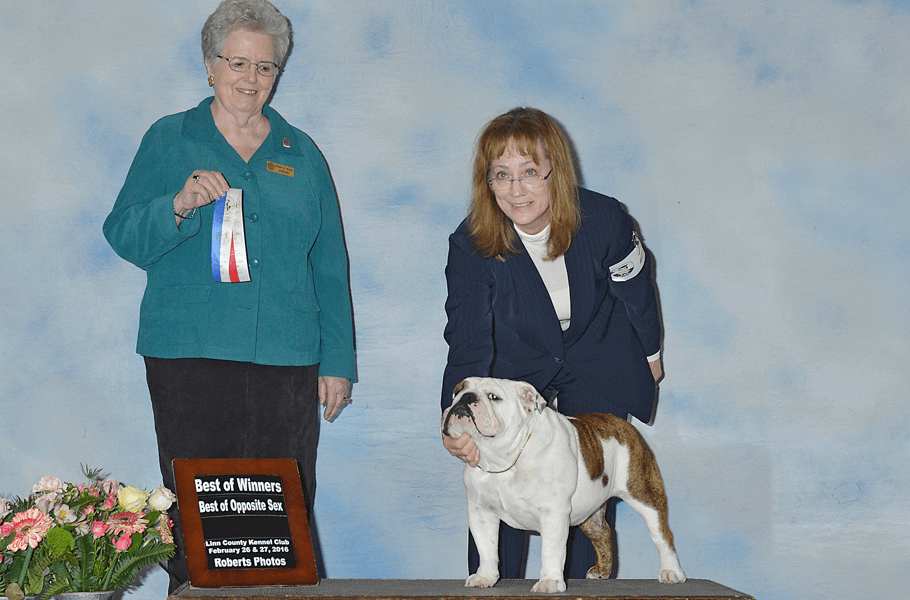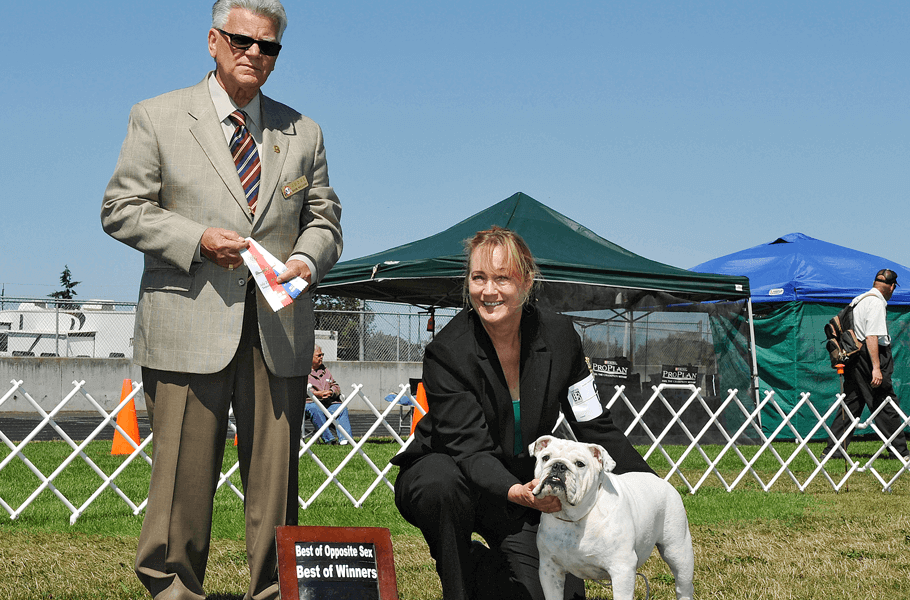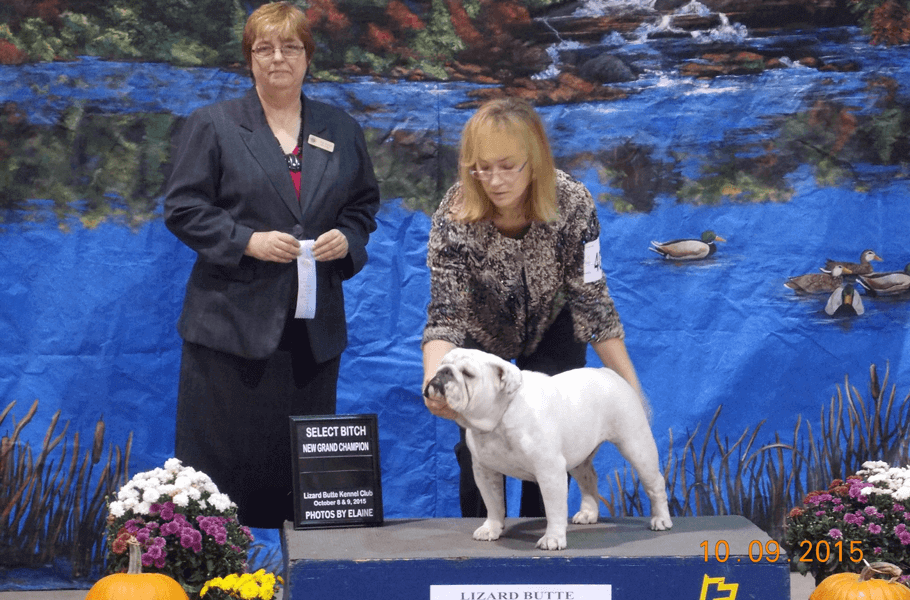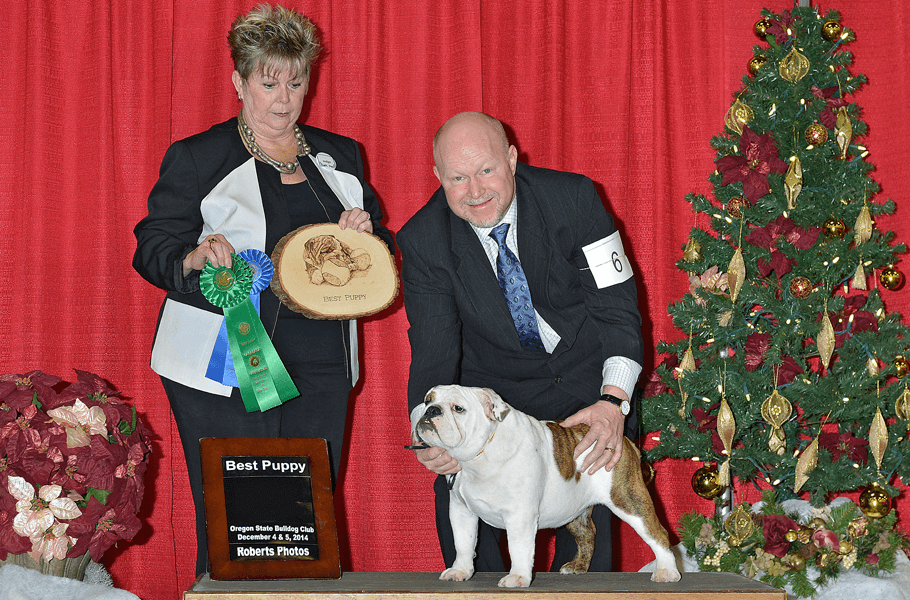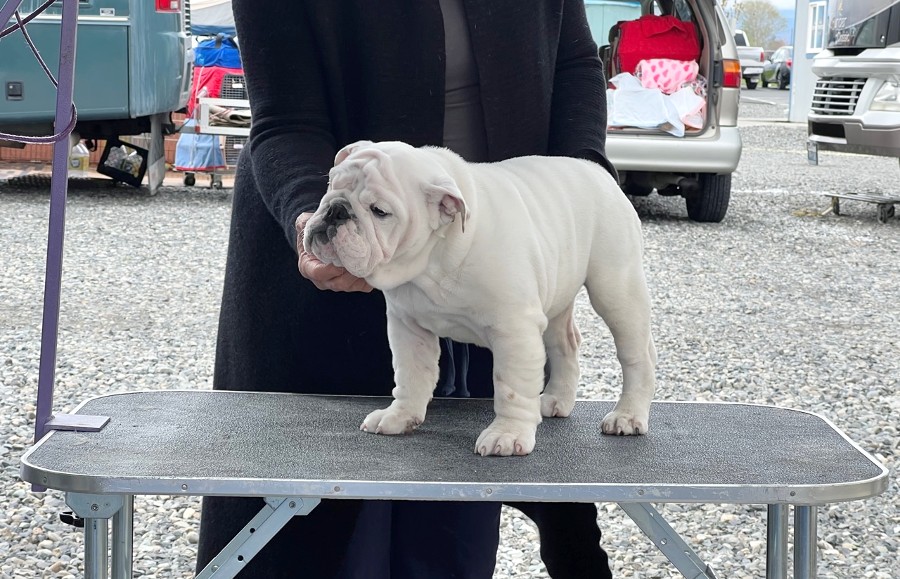Common Bulldog Health Problems And How To Treat Them
Common Bulldog Health Problems And How To Treat Them
Loyal and charming, bulldogs are a favorite pet for many families. Like any dog breed, however, they can sometimes develop health problems. The following list of common bulldog health problems will help you recognize the signs and symptoms so that you can treat the problems early, before they require potentially costly visits to the vet.
Hot Spots And Fungus Spots
“Hot spots” is the term used to describe the red, oozing, itchy patches that can sometimes develop on bulldogs as a result of allergies or bug bites. In order to treat hotspots, you’ll need to first cleanse the area with a pet shampoo and then rinse and dry thoroughly. For a quick cleanse, wipe the affected area with baby wipes containing Lanolin and Aloe. Then treat with topical medications like Sulfodene or cortisone cream. If you cleanse and apply medication to the hot spots every day, you should see improvement in a couple of days.
Fungus spots are fairly similar to hot spots, though they don’t ooze as much. Cleanse the area, making sure to remove any scabby tissue. Fungus responds best when using a sulfur-based shampoo. Treat with medications like Panalog or any anti-fungal medication. As with both conditions, if there’s no noticeable improvement, make an appointment to see your vet.
Interdigital Cysts
Interdigital cysts present as red swollen skin between the bulldog’s toes. If you suspect your dog may have a cyst between his or her toes, examine the paw, including between the pads, to be sure there’s no other issue (like a thorn, for instance). There are two common methods for treating interdigital cysts:
- First, soak the affected paw in a bath of warm water with added epsom salt. After soaking, dry completely and apply Panalog.
- Make an appointment with the vet and have him or her give you a prescription medication
After the visible symptoms go away, continue treating the cyst for a few days to be sure it doesn’t return.
Facial Acne And Infection
Bulldogs love sticking their noses into everything, and the dirt that they collect in the folds of their skin can cause acne and skin infections. Another source of facial acne can be plastic food and water dishes. Tiny cracks in the the plastic material can hold bacteria, which can lead to facial bacterial infections. You can treat these infections by cleaning the area and applying an antibiotic cream or Benzoyl Peroxide. If the issue persists, you should see your vet.
Bulldog Eye Problems
Under the bulldog’s bottom eyelid, near the inner corner, is a gland which can occasionally protrude or, for lack of a better term, “pop out”. Cherry eye, as it’s called, isn’t as gruesome as it sounds, and doesn’t need urgent care, though you should take your dog to the vet when you can. Treating it quickly will ensure a high chance of not having to remove the gland. If the gland must be removed, the bulldog will likely have a dry eye and require ointment for the rest of his or her life.
Hip And Knee Disorders
Hip dysplasia is a common ailment for bulldogs. According to the British Veterinary Association and the American Kennel Club (AKC), about 70% of bulldogs are diagnosed with some degree of hip dysplasia. Hip dysplasia causes pain, problems walking, and may cause the bulldog’s rear legs to be deformed.
Knee problems, like patellar luxation, are also common with bulldogs. Patellar luxation is a disorder where the kneecaps dislocate. Approximately six percent of bulldogs develop this. Patellar luxation causes pain and mobility issues and may need to be surgically corrected. It is also highly likely to reoccur even following surgery.
Tail
Some bulldog’s have a flap of skin around the base of the tail, essentially forming a pocket. This pocket area must be kept clean and dry to prevent infections. Clean it often and be sure the pocket is dry. Apply an ointment or drying powder as necessary.
Bulldog Respiration Difficulties
Bulldogs are known to have narrow airways and shortened nostrils, which can cause issues with respiration. These problems cause the dog to snore while sleeping and breathe through the mouth, both of which may need to be corrected with surgery to ensure the bulldog can breathe properly.
To learn more about the measures you can take to prevent these common bulldog health problems, read our Caring For Your Bulldog guide. Also, follow Cascade Bulldogs on Facebook for more bulldog tips and cute photos.





